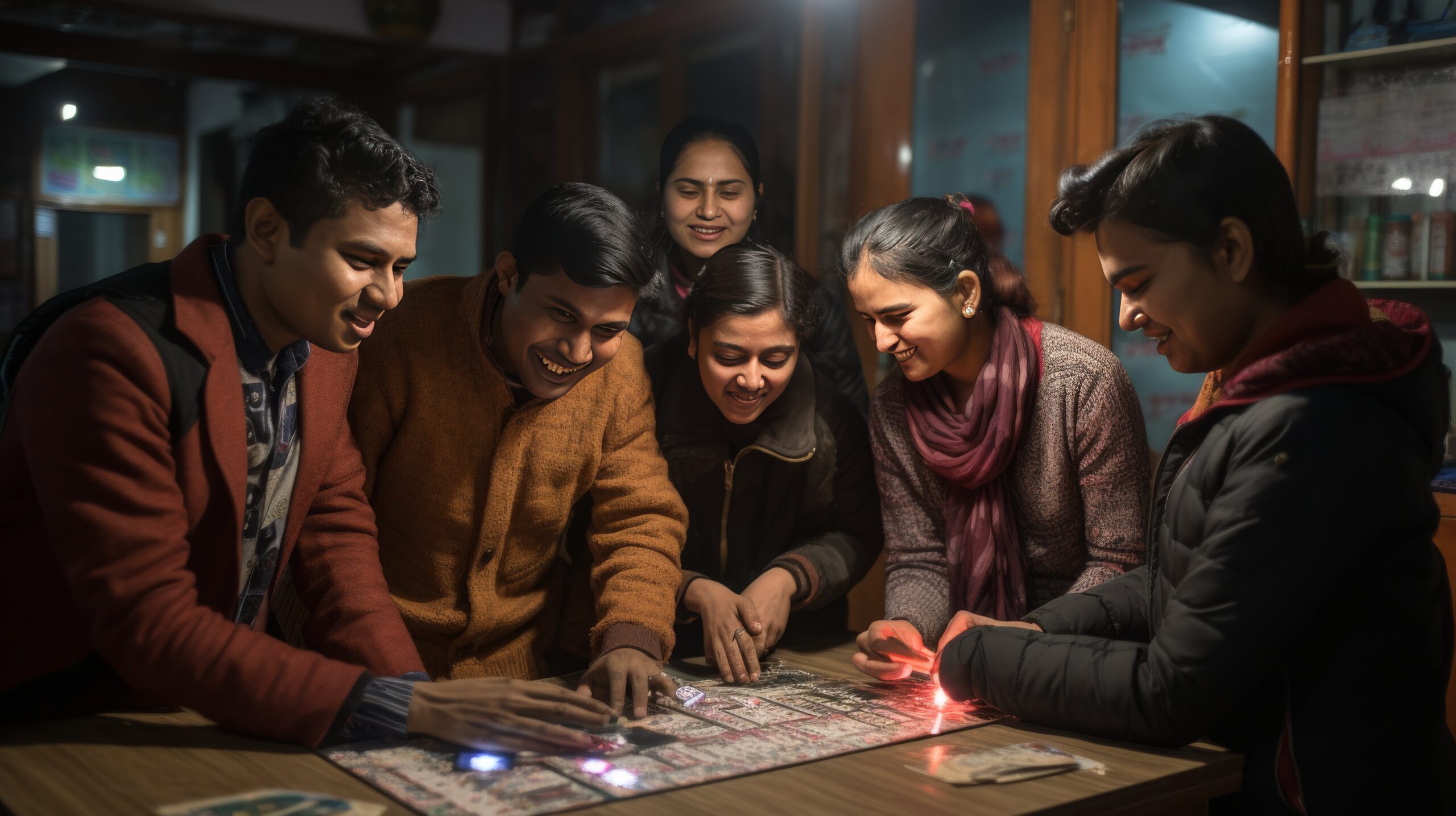When it comes to building strong teams, one effective approach that has gained significant attention is Experiential learning. This method revolves around learning through experience and direct engagement with tasks and challenges.
Unlike traditional methods that rely heavily on lectures or theoretical work, Experiential learning places participants in real or simulated environments where they actively participate, problem-solve, and collaborate. The effectiveness of experiential learning in team building lies in its ability to foster practical skills and interpersonal dynamics in a hands-on way.
By facing obstacles together, team members not only learn how to overcome challenges but also develop trust, communication skills, and a deeper understanding of their teammate’s strengths and weaknesses. Experiential learning has become a popular method for team building due to its hands-on and engaging nature.
What is Experiential Learning?
Experiential learning in team building is a hands-on, interactive approach to developing team skills and dynamics. This method involves engaging participants in activities that require collaboration, problem-solving, and communication, closely simulating real-world scenarios.
Instead of just talking about theories and strategies, it involves engaging in activities that help team members learn by doing. Activities involved in experiential learning create a fun and dynamic environment where everyone can practice communication, problem-solving, and leadership skills. The core idea is that people learn more effectively by doing rather than just listening or reading.
Through experiential learning, your team builds trust, strengthens bonds, and learns how to work more effectively together, all while having a great time.
Importance of Experiential Learning in Team Building
Experiential learning is highly effective for team building because it allows teams to develop crucial skills through hands-on, interactive activities.
Experiential learning in team building involves engaging teams in structured activities and exercises that simulate real-world challenges. This approach allows one to practice skills like communication, collaboration, problem-solving, and leadership in a safe, low-stakes environment.
If we compare it to traditional training, experiential learning is more effective for building cohesive, high-performing teams. It allows teams to learn by doing, practice critical skills, and see immediate results – key ingredients for developing true teamwork. There are various key advantages of experiential learning in team building includes:
1. Experiential Learning is an interactive and engaging approach and helps in keeping participants active and invested.
2. It provides immediate feedback and opportunities for reflection so that teams can identify areas for improvement.
3. It allows teams to develop skills by applying them directly, rather than just reading about them.
Benefits of Experiential Learning in Team Building
Team building is essential for creating a cohesive and effective team, but it doesn’t have to be all meetings and lectures. Experiential learning is an adynamic approach that uses hands-on activities to foster teamwork and collaboration. Let’s explore the benefits of experiential learning in team building.
Active engagement
Experiential learning involves active participation. Whether it’s a problem-solving task, an outdoor adventure, or a creative project, these activities require everyone to get involved. This hands-on approach ensures that team members are fully engaged, making the learning process more effective and enjoyable.
Develops critical teamwork skills through practice
Through experiential learning, teams can develop a variety of skills such as problem-solving, decision-making, communication, and leadership. These skills are inculcated through practical experience and reflection on actions taken during team activities.
Strengthened cooperation and collaboration
Through experiential learning, team members learn to work together towards common goals, fostering collaboration and cooperation. Experiential learning activities often require individuals to rely on each other’s strengths, thereby improving teamwork and interpersonal relationships.
Helps in increasing engagement among team members
Activities that involve experiential learning are inherently more engaging and interactive. It keeps participants active and invested in the learning process which leads to higher motivation levels and a more possible learning experience for team members.
Provides immediate feedback and reflection
The interactive nature of experiential learning provides teams with immediate feedback on their performance. This allows them to identify areas for improvement and reflect on how to apply the lessons to their real work.
Develops trust and team spirit
Trust is vital for a strong team, and experiential learning helps in building that trust through collaborative activities. Collaborative problem-solving in experiential activities creates an environment of trust and unity. Helps in developing a sense of unity by working together towards a common goal, fostering deeper connections.
Conclusion
By embracing experiential learning, organizations can foster cohesive, high-performing teams poised to thrive in the complexities of today’s business landscape. Experiential learning is a powerful tool for team building and emerged as a highly effective approach, offering numerous benefits that traditional methods may not provide. By actively engaging in hands-on activities, teams can improve communication, build trust, enhance problem-solving skills, and boost creativity. It is a fun and effective way to strengthen bonds and increase overall team morale. Experiential learning in team building not only facilitates skill development and collaboration but also promotes a deeper understanding of team dynamics and individual strengths.

Ramanjeet Kaur is a Life Skills and Behavioural Trainer. Her journey to becoming an entrepreneur and starting her career as a trainer in the education industry is an inspiring revelation. She was always passionate about teaching profession from her childhood and started mentoring young kids to develop their personalities.

